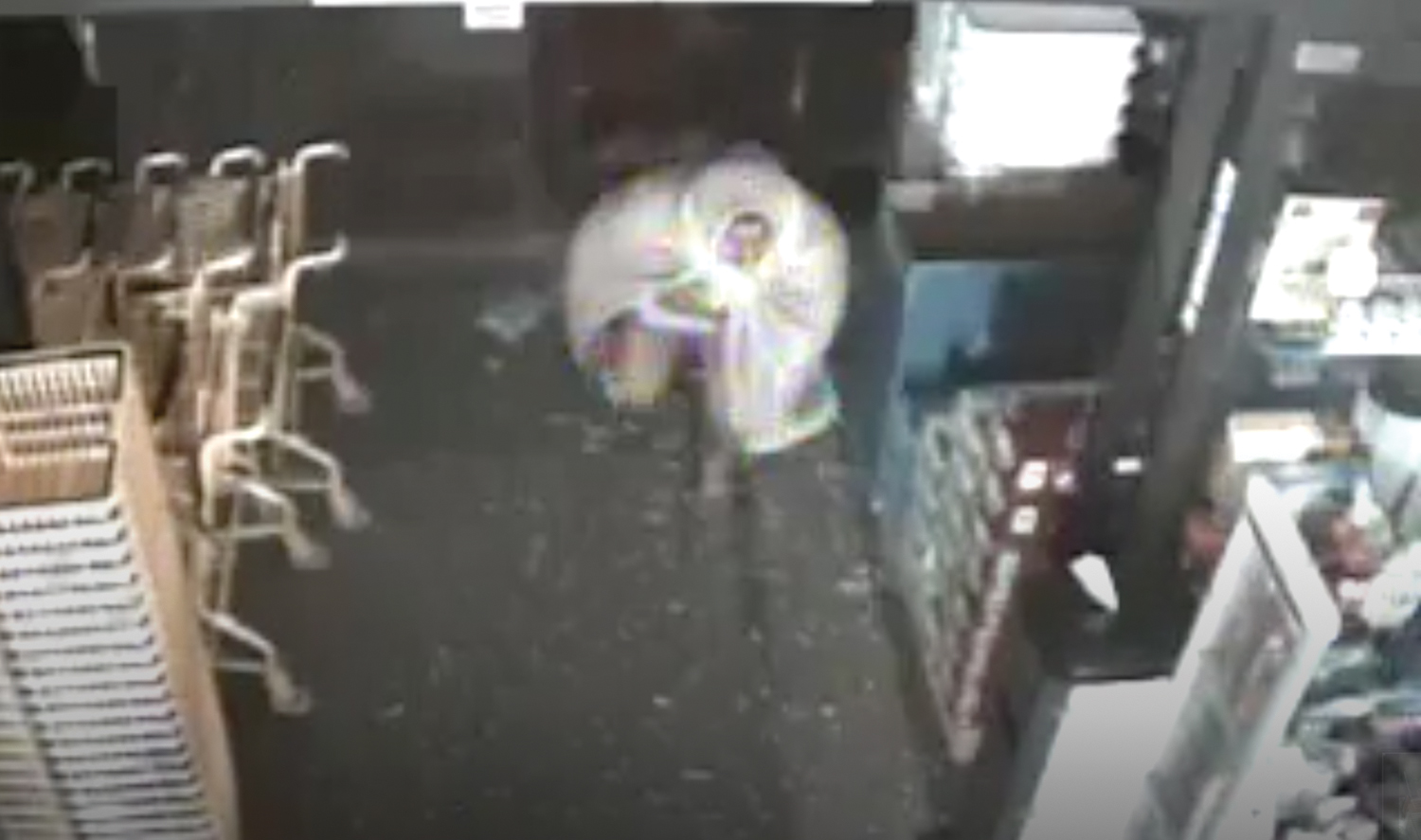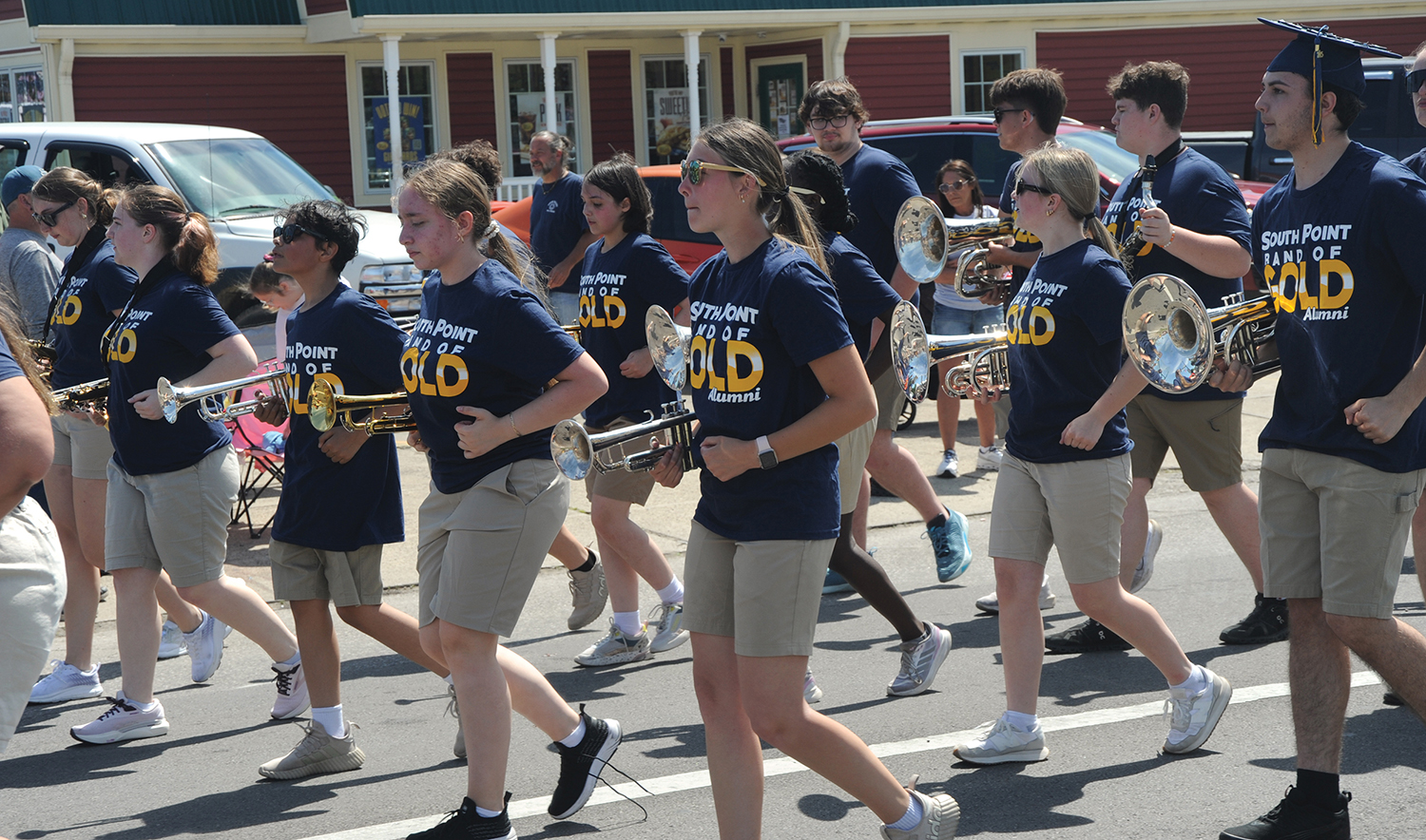Ironton tax hike, fee move ahead
Published 9:42 am Friday, January 27, 2012
City takes step toward dump plan revision
Editor’s note: A detailed account of the Ironton City Council Finance Committee meeting will be published in the Monday, January 30 edition of The Tribune
With a 2012 budget shortfall of between $175,000 and a half million dollars looming on the horizon, Ironton City Council Thursday evening shied away from passing three motions to shortcut rules and immediately plug the holes in the city’s spending plan.
A proposal to increase the city’s municipal fee from $8 to $10 was given first reading, but a move to suspend the rules and give the municipal fee increase ordinance second and third readings and possible passage died for lack of a second. Councilman Kevin Waldo, who sponsored the municipal fee increase, said he was disappointed. The increase would have brought in an additional $175,000.
“This is an emergency situation. We are in dire straits,” Waldo said. “Our finances are in as bad a shape as I’ve ever seen.”
Council also gave first reading to an ordinance that would eliminate the city’s reciprocity agreement. The city has a one percent payroll tax.
Those residents who work outside the city in a municipality that has its own payroll tax only pay 50 percent of the Ironton payroll tax. Waldo said ending the agreement is estimated to bring in an additional $400,000 to city coffers.
When a move was made to suspend the rules and give the matter second and third readings, it failed. Council members Bob Cleary, Dave Frazer, Philip Heald and Beth Rist voted against the suspension. Fellow council members Aaron Bollinger and Mike Lutz joined Waldo in voting for it.
Heald said after the meeting that he thought the matter “deserves a lot more discussion before I can commit to it.”
Cleary said after the meeting that in the past city council has rushed to make important decisions that really should have been given more thought.
“The charter says three separate readings at three different meetings,” Cleary said. “This is to give everyone an opportunity to voice their opinion.”
Waldo countered after the meeting that voters elected council members to be their voice and it is council’s responsibility to make the decisions they believe are in the city’s best interest. He also said he is disappointed that those who voted no on emergency passage of the reciprocity and municipal fee ordinances did not offer any plans of their own to get the city out of its fiscal woes.
During the meeting, former mayor Jim Tordiff urged the council to think carefully before scrapping reciprocity. Tordiff admitted this does affect him: He lives in Ironton and works in Coal Grove. He suggested raising the municipal fee might make more sense than scrapping reciprocity.
“If you raised the municipal fee from $8 to $16 it would generate a half million dollars,” Tordiff said
Bollinger countered that reciprocity does not make sense because even when an Ironton resident, say, goes to Ashland to work, they do so with the knowledge they still can rely on city services to their home if the need arises whether they are home or not.
“If that resident calls the police, we don’t send half an officer, they don’t get half a firefighter (if there is a fire). They get the best the city has to offer while paying less for it. We’re helping the city of Ashland build their parks and not our own,” Bollinger said.
“Ashland doesn’t give reciprocity on their payroll tax,” City Solicitor Mack Anderson said. “I don’t know that Portsmouth does, I don’t know if Coal Grove does.”
Cleary said approximately 5,000 households would be impacted by the municipal fee and asked how many people would be affected by the reciprocity change. Finance Director Kristen Martin said she didn’t know; Waldo said he thought maybe 450 people would be affected.
Tordiff also said it does not make sense for the city to pay 95 percent of the premium for each city employee’s health insurance.
“Five percent is pretty much a dinosaur,” Tordiff said.
Former city councilman Richard Price also spoke against ending reciprocity.
Council also gave second reading to an ordinance that would limit the city’s free dumping program at the city garage and Rumpke Recycling to twice a year. But a move to suspend the rules and give the ordinance third reading failed when Cleary, Rist and Frazer voted against the suspension. Lutz, Bollinger, Heald and Waldo voted in favor of the suspension. Thus, the matter will return for discussion in two weeks.
“On that landfill thing,” Cleary said, “I’d like to see for myself what’s coming in down there.” Cleary said he wants to go to the city garage Monday to watch to see who is using the free service. Those who favor restrictions on dumping say the program is used mainly by contractors and landlords when in the program was intended for private citizens to clean up their properties and keep the alleys and yards tidy.
The council meeting followed another 5 p.m. finance committee meeting. The committee met with John Haskins, wastewater treatment plant supervisor, Mark White, water office superintendent and Mike Pemberton, street superintendent and floodwall superintendent, to discuss their offices and how those departments affect the city’s general fund.
Lutz has called a finance committee meeting for 5 p.m. next Thursday and another one for 9 a.m. Saturday, Feb. 4 to continue work on the budget. A new spending plan must be approved by the end of March.





